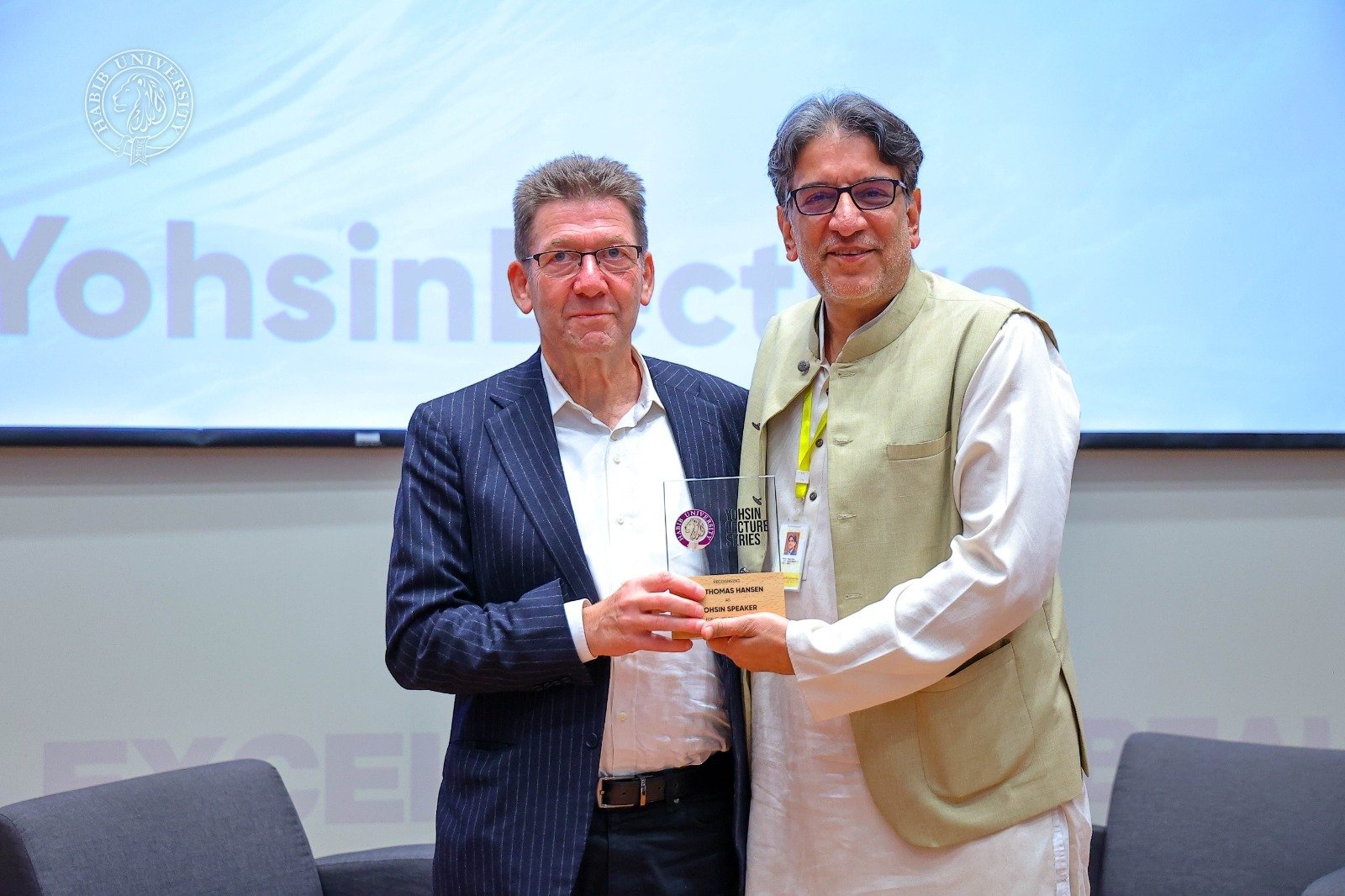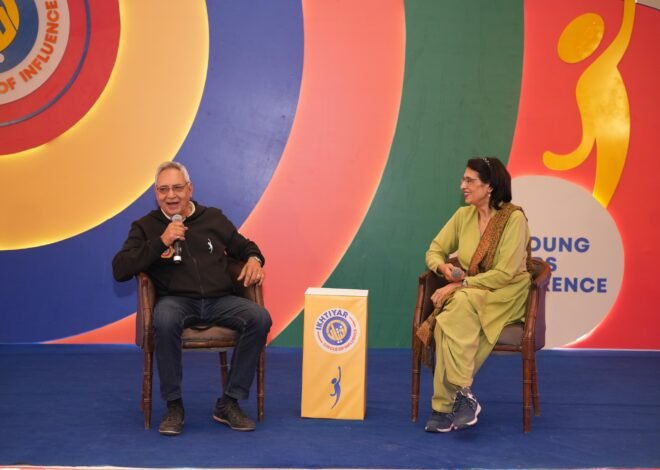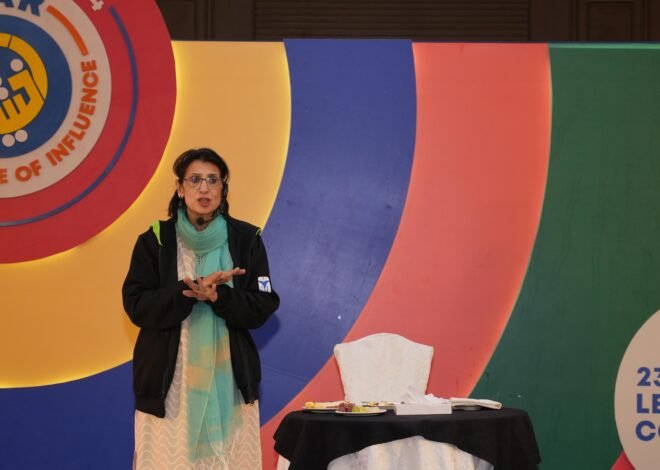
Habib University hosts ninth Yohsin Lecture Featuring Dr Thomas Hansen
Karachi: Habib University proudly hosted its ninth annual Yohsin Lecture featuring distinguished author and professor from Stanford University, Dr Thomas Hansen. His talk was titled, “The Angry Tide: Reflections on Fascism, Resentment and Authoritarian Dreams.” Dr Hansen, a renowned scholar in South Asian studies, dove into crucial issues of the present, exploring the rise of populist leaders, rightwing movements, and the resurgence of fascism in new forms across the world. Globally, academics have noted that there has been a pushback against the effects of globalization, liberal democracy, and diversity. This has resulted in societal resentment, and authoritarian reaction. Donald Trump’s reelection to the presidency in the United States, Marine Le Pen’s rise in France and Victor Orban in Hungary has ignited the question of the nature of fascism today. Dr Hansen’s talk explored the historical roots and contemporary manifestations of authoritarianism and fascism, drawing parallels and contrasts between early 20th century movements and today’s political landscape.
Dr Hansen is an anthropologist of political life, ethno-religious identities, violence and urban life in South Asia and Southern Africa. He has vast theoretical and disciplinary interests that range from political theory and continental philosophy to psychoanalysis, comparative religion and contemporary urbanism. He has conducted fieldwork in India during the tumultuous years in the beginning of the 1990s when conflicts between Hindu militants and Muslims shaped national agendas, and frequent violent clashes erupted. His notable works include The Saffron Wave: Democracy and Hindu Nationalism in Modern India, Wages of Violence: Naming and Identity in Postcolonial Bombay,and The Law of Force: The Violent Heart of Indian Politics.
In his talk, Dr Hansen remarked, “The shock that produced the first wave of right-wing politics was in many ways the beginning of the decay of empire and was the shock of WW1 that produced as a response to these new forms that took over the world for a long time. The shock this time is different. It’s actually not a shock; it’s a slow gradual sort of democratization in many ways; a coming to the fore of new faces of western societies and South Asian societies as well as many parts of the world, new fluidities of identities, and gender fluidity.
It’s interesting to contemplate what the remedy might be: the remedy might often be to have more democracy. But we must bear in mind, it is precisely the success of democracy, the success of visibility and emancipation that produced many of these reactions in the first place.”
The Yohsin Lecture series, the flagship public lecture series at Habib University, is based on the University’s motto, yohsin, derived from the Islamic notion of Ihsan in Arabic. It serves as a prestigious platform for thoughtful intellectual engagement, bringing to Pakistan leading international scholars whose work has wide-ranging impact, and represents excellence in their field. Past lectures have featured prominent thought leaders such as Noam Chomsky, Ashis Nandy, and Dr Azra Raza, shedding light on critical conversations with their wisdom. The lecture series exemplifies Habib University’s commitment to fostering critical discourse, and providing a globally engaged intellectual experience to students, faculty, and the wider community.
Habib University is a premier liberal arts and sciences university in Karachi, Pakistan, dedicated to providing world-class quality education to students regardless of socioeconomic background. Through a contextualized curriculum and a student-centric undergraduate experience, the University aims to cultivate a new generation of leaders who are thoughtfully engaged, critically conscious, and committed to the betterment of society.


